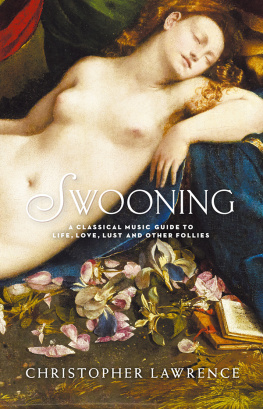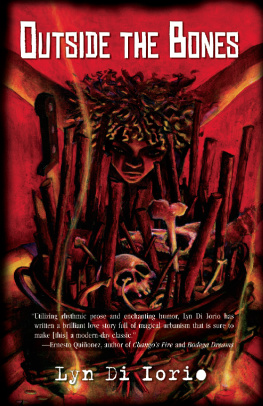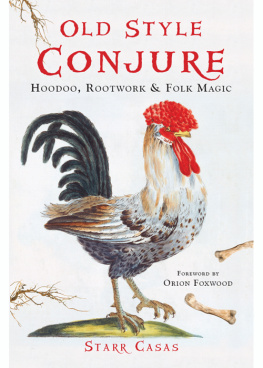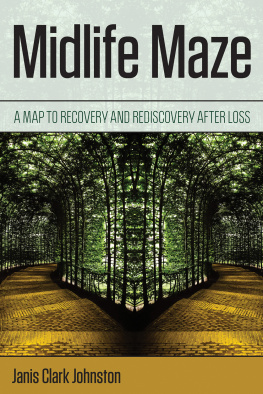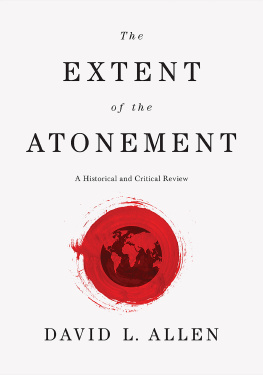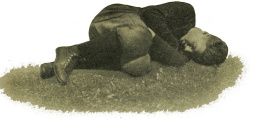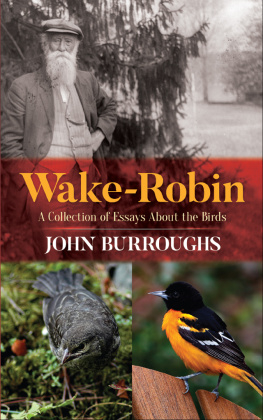ON BEING AND COGNITION

MEDIEVAL PHILOSOPHY
Texts and Studies
Gyula Klima
series editor
Richard Cross |
Brian Davies |
Peter King |
Brian Leftow |
John Marenbon |
Giorgio Pini |
Robert Pasnau |
Richard Taylor |
Jack Zupko |
editorial board

Copyright 2016 Fordham University Press
All rights reserved. No part of this publication may be reproduced, stored in a retrieval system, or transmitted in any form or by any meanselectronic, mechanical, photocopy, recording, or any otherexcept for brief quotations in printed reviews, without the prior permission of the publisher.
Fordham University Press has no responsibility for the persistence or accuracy of URLs for external or third-party Internet websites referred to in this publication and does not guarantee that any content on such websites is, or will remain, accurate or appropriate.
Fordham University Press also publishes its books in a variety of electronic formats. Some content that appears in print may not be available in electronic books.
Visit us online at www.fordhampress.com.
Library of Congress Cataloging-in-Publication Data
Names: Duns Scotus, John, approximately 12661308, author. | Bercken, John van den, editor.
Title: On being and cognition : Ordinatio 1.3 / John Duns Scotus ; edited and translated by John van den Bercken.
Other titles: Ordinatio. 1.3. English
Description: New York, NY : Fordham University Press, 2016. | Series: Medieval philosophy: texts and studies | Includes bibliographical references.
Identifiers: LCCN 2015042266 (print) | LCCN 2016008050 (ebook) | ISBN 9780823270736 (cloth : alk. paper) | ISBN 9780823270750 (ePub)
Subjects: LCSH: OntologyEarly works to 1800. | IndividuationEarly works to 1800.
Classification: LCC B765.D72 E5 2016 (print) | LCC B765.D72 (ebook) | DDC 121dc23
LC record available at http://lccn.loc.gov/2015042266
Printed in the United States of America
18 17 16 5 4 3 2 1
First edition
CONTENTS
References are logical onlythat is, in terms of the internal structure of the relevant work (number of book, chapter, distinction, part, question, article: whatever applies), not physical (referring to editions or pages), except in the case of Aristotles works, where the Bekker pagination has become standard.
References to Scotuss writings : Cross-references to the Lectura and the Ordinatio are based on the Vatican edition; they consist of the number of the relevant book and distinction and the paragraph number in the edition. References to the Questions on the De anima and to the Questions on Aristotles Metaphysics are based on the Bonaventure edition. Before these critical editions were available one often used Wadding numbersthat is, the section numbers of the Wadding/Vivs edition. They are conveniently retained in the various critical editions but not in this translation. When appropriate we signaled in the text of Ord.1.3 parallels to the QDA and the QMet., which were not given in the Vatican edition.
Lect. | Lectura (Vatican edition): Lect. 1.3 = book 1 distinction 3 |
Ord. | Ordinatio (Vatican edition): Ord. 1.13 n. 45 = book 1, distinction 13, paragraph 45 |
QDA | Questions on the De anima (Bonaventure edition): QDA 19 n.5 = question 19, paragraph 5 |
QMet. | Questions on Aristotles Metaphysics (Bonaventure edition; translation by Etzkorn and Wolter): QMet. 9.1 = book 9, question 1 |
Quod. | Quodlibetal Questions (edition Alluntis; translation by Alluntis and Wolter): Quod. 13 = question 13 |
Rep. | Reportatio 1A (Semi-critical edition and translation by Wolter and Bychkov): Rep. 1A. 3 n. 8 = book 1, distinction 3 n. 8. |
References to authors cited by Scotus : The more frequently cited authors are indicated by an abbreviation (e.g., GR = Giles of Rome); others are mentioned in full (e.g., Boethius or Gregory the Great).
AR, De An. | Aristotle, De Anima (On the Soul) : 431b2123 = p. 431 right column, lines 2123 in the Bekker edition |
AR, Eth. | Aristotle, Nicomachean Ethics |
AR, Interp. | Aristotle, On Interpretation |
AR, Met. | Aristotle, Metaphysics |
AR, Phys. | Aristotle, Physics |
AR, Post. An. | Aristotle, Posterior Analytics |
AR, Prior An. | Aristotle, Prior Analytics |
AR, Top. | Aristotle, Topics |
AU, City | Augustine, City of God : 8.16 = book 8, chapter 16 |
AU, Gen. | Augustine, On Genesis : 8.12(26) = book 8, chapter 12, number 26 |
AU, Trin. | Augustine, On the Trinity : 8.3(4) = book 8, chapter 3, number 4 |
AV, De An. | Averroes, (Long) Commentary on Aristotles De anima : 3.5 = book 3, comment 5 |
AV, Phys. | Averroes, Commentary on Aristotles Physics : 2.26 = book 2, comment 26 |
AV, Met. | Averroes, Commentary on Aristotles Metaphysics : 2.1 = book 2, comment 1 |
Avicenna, Met. | Avicenna, Metaphysics : 1.6 = book 1, chapter 6 |
GF, Quod. | Godfrey of Fontaines, Quodlibeta : 1.7 = Quod. 1, question 7 |
GR, Quod. | Giles of Rome, Quodlibeta : 1.7 = Quod. 1, question 7 |
HG, Quod. | Henry of Ghent, Quodlibeta : 1.7 = Quod. 1, question 7 |
HG, Summa | Summa = Quaestiones Ordinariae : 24.8 = article 24, quaestio 8 |
PL | Patrologia Latina (PL 64, 1311 = vol. 64, col. 1311) |
TA, STh. | Thomas Aquinas, Summa theologiae : 1.85.2 = Prima pars, quaestio 85, article 2 |
TS, QOrd. | Thomas of Sutton, Quaestiones ordinariae : 2 = quaestio 2 |
TS, Sent. | Thomas of Sutton, Sententiae : 1.3.2 = book 1, distinction 3, quaestion 2 |
While studying philosophy, a long time ago, I got an assignment for a paper on Scotuss De primo principio , which I did not complete, as I decided to switch to a study of psychology instead. I do not regret the switch at all, but throughout my career there were at times those intrusive thoughts about a project once pursued but never completed. So when I retired I decided to revisit Scotus and, as Anthony Kenny so nicely put it, to enter more fully into the intellectual world of a bygone area, non propter opus sed propter scire at that. However, the First Principle was no longer the prime object of my concern. I was now more fascinated by the medieval science of the soul, a penchant gently nurtured by Paul Bakker. I started to read Scotuss Questions on the De anima and Ordinatio 1.3, translating them to facilitate a more permanent understanding. As it happened, Fordham University Press became interested in the project. So here it is. It would not have been completed without the support and help from many people who generously spent a lot of time checking most of the translation or otherwise making useful suggestions. I am greatly indebted to Paul Bakker and Richard Cross for their invaluable support and indispensable help; to Gyula Klima for his confidence in the project; to Oleg Bychkov, Tim Noone, Giorgio Pini, Thomas Williams, Sander De Boer, and an anonymous reader of Fordham University Press for many constructive comments; and to the Center for the History of Philosophy and Science of the Radboud University for its hospitality and financial support. Needless to say, all remaining errors are mine. Finally, I thank Regina for her patience in bearing with me when I was once again lost in translation.
Next page

